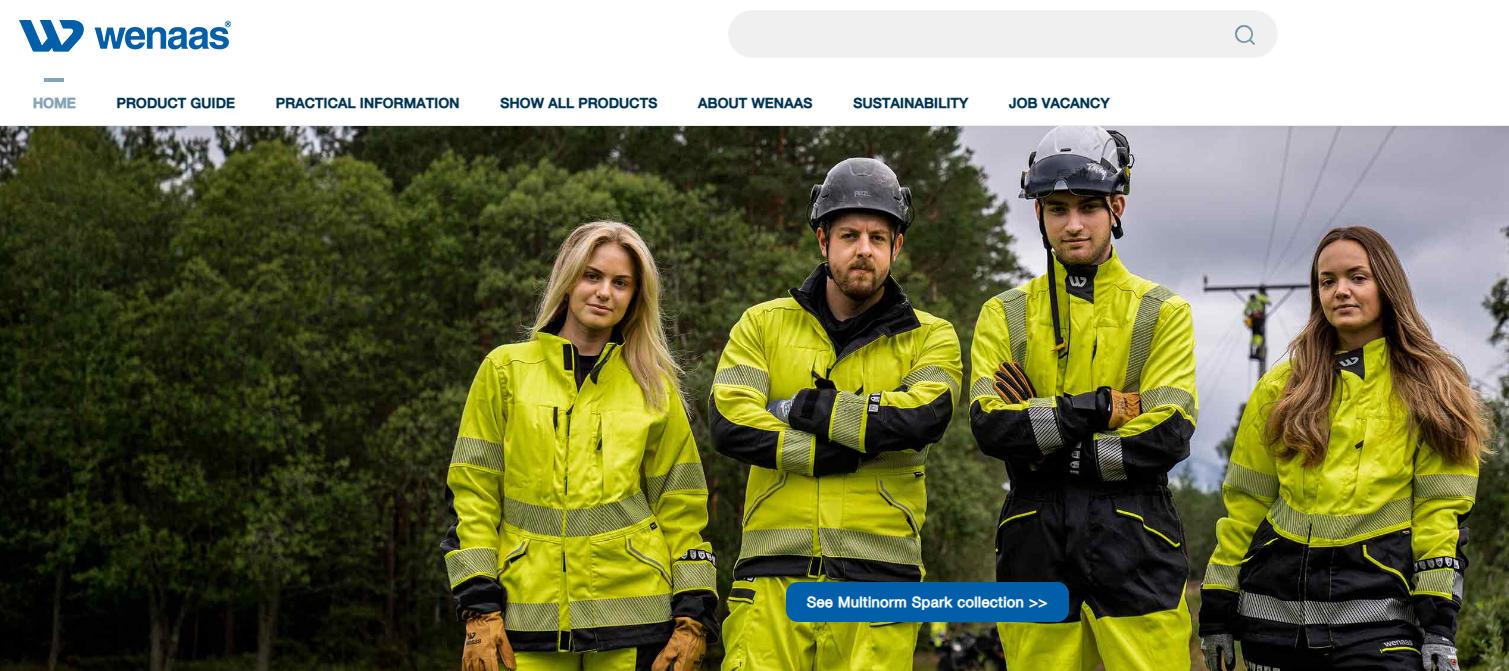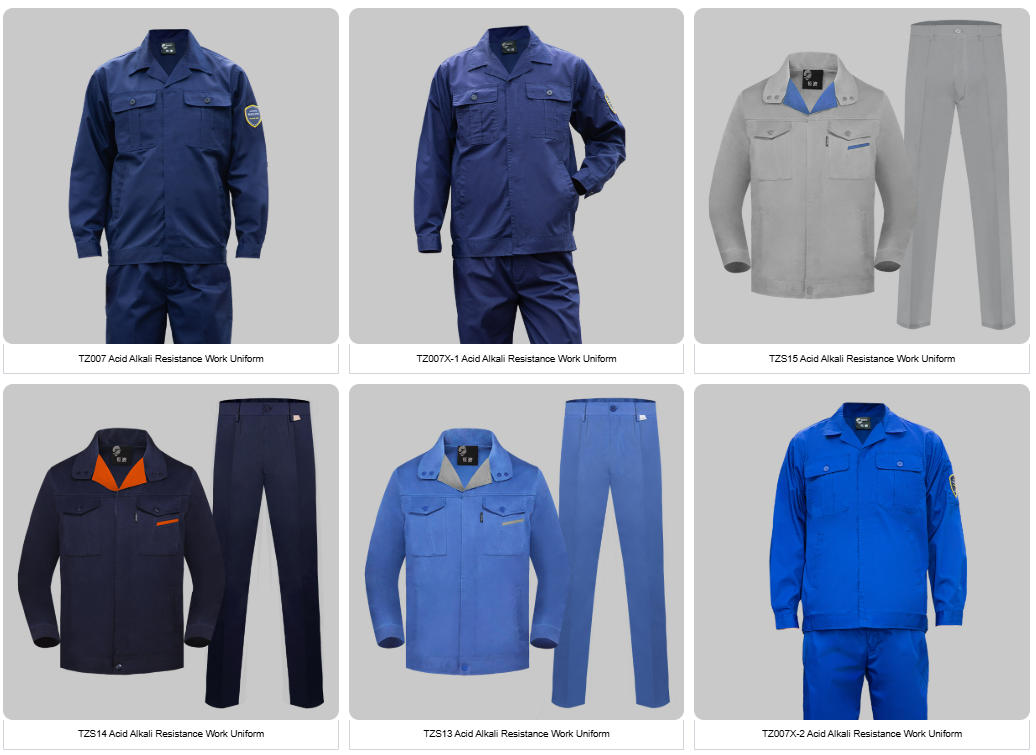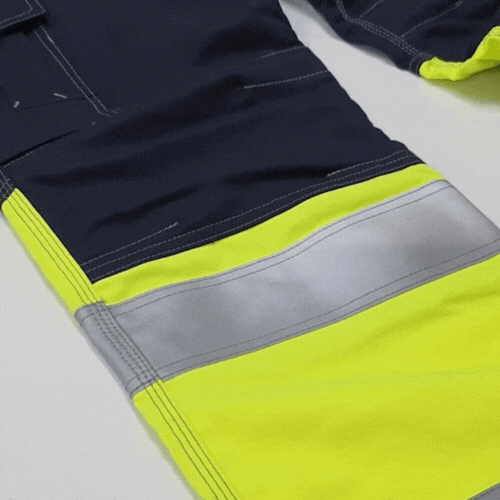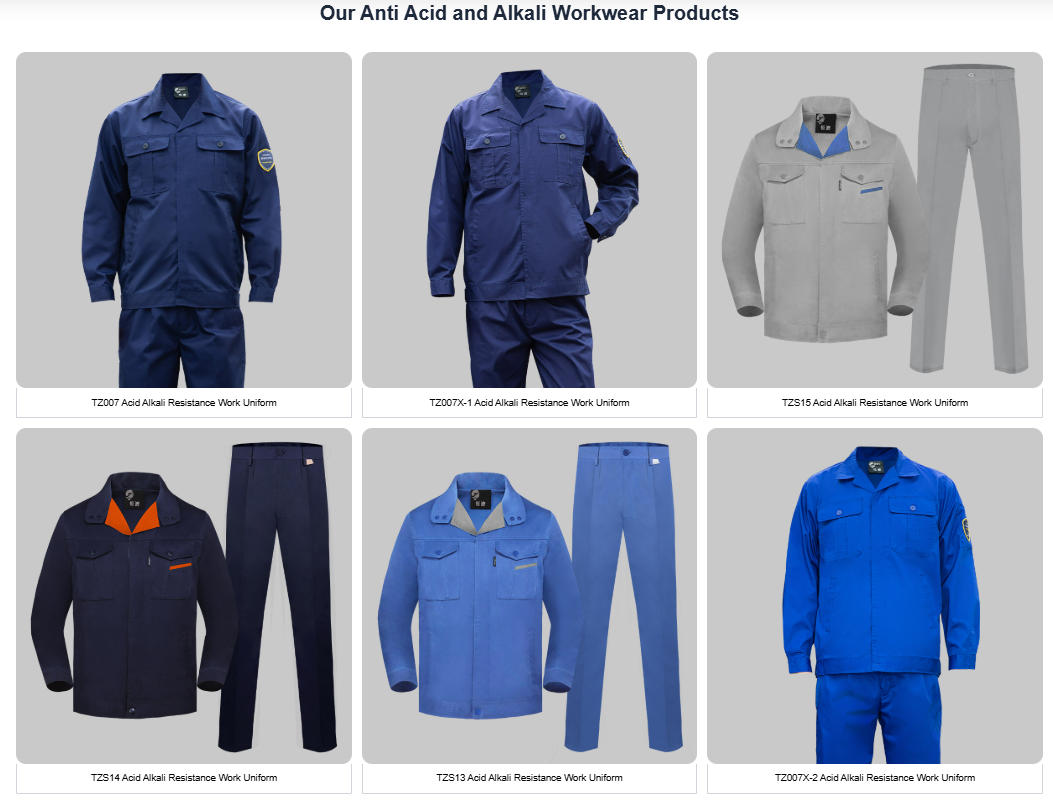That’s a very important and complex question. The short answer is: Zara has made some progress in certain areas, but it is not generally considered a top-tier ethical brand by most experts and rating organizations.
The full picture is nuanced. Zara’s parent company, Inditex (which also owns brands like Massimo Dutti and Pull&Bear), is a massive fast-fashion retailer, and its entire business model is built on speed and high volume, which creates inherent ethical and environmental challenges.
Here’s a breakdown of the key issues, based on ratings from organizations like Good On You, Remake, and the Fashion Transparency Index.
The Criticisms & Red Flags (The “Not So Ethical” Side)
-
Fast Fashion Model: Zara is the epitome of fast fashion. This model encourages overconsumption, generates massive waste (with clothes often ending up in landfills), and relies on producing trends at a breakneck pace, which puts immense pressure on supply chains.
-
Labor Rights & Wages:
-
Living Wage: This is the biggest criticism. While Inditex has a Code of Conduct for manufacturers, there is no evidence that it ensures a living wage for most of the workers in its supply chain. A living wage is one that covers basic needs like food, housing, and healthcare, not just the legal minimum wage.
-
Supply Chain Complexity: With thousands of suppliers, monitoring conditions in every factory is incredibly difficult. While Inditex has a dedicated team, reports of labor rights violations, including poor working conditions and overtime issues, still surface in investigations by NGOs and journalists.
-
-
Environmental Impact:
-
Massive Resource Use: The volume of clothing Zara produces requires huge amounts of water, energy, and raw materials (like conventional cotton, which is pesticide-intensive).
-
Greenhouse Gas Emissions: The global supply chain and transportation of goods contribute significantly to carbon emissions.
-
Greenwashing: Zara has been accused of greenwashing—making ambitious environmental promises (like its “Join Life” line) that are not backed by the systemic change needed to truly mitigate its colossal footprint.
-
The Progress & Initiatives (The “Trying to Improve” Side)
-
Transparency: Inditex scores very highly on the Fashion Transparency Index (77% in 2023). This means they disclose a lot of information about their suppliers, policies, and practices. Transparency is the first step to accountability, and they are better than many competitors in this area. You can often find lists of their factories online.
-
Commitments & Goals:
-
Materials: They are increasing the use of more sustainable materials (like organic cotton, recycled polyester) in their “Join Life” garments.
-
Circularity: They have in-store clothing collection programs to recycle or reuse old garments.
-
Carbon Neutrality: Inditex has committed to net-zero emissions by 2040 and aims to use 100% renewable energy in its operations.
-
-
Animal Welfare: They have a formal animal welfare policy and have banned angora wool. They use some recycled wool and are moving away of fur.
How Zara is Rated by Ethical Watchdogs
-
Good On You: Rates brands on labor, environment, and animals. Zara currently gets a rating of “It’s a Start” (2 out of 5). This means they are taking initial steps in the right direction but are not a leader in any category.
-
Remake: A sustainability advocacy group, does not include Zara in its list of approved brands due to its fast-fashion model and lack of evidence it pays a living wage.
Conclusion: Is Zara Ethical?
Not really, but it’s complicated.
If your definition of “ethical” includes guaranteeing a living wage for garment workers and having a minimal environmental footprint, then Zara does not currently meet that standard. Its core business model is fundamentally at odds with these goals.
However, compared to many other ultra-fast-fashion brands like Shein or Fashion Nova, Zara is more transparent and has more public commitments to improve. They are “less bad” in some areas but are far from being a true leader in ethical fashion.
What you can do:
-
Buy Less: The most sustainable garment is the one you already own.
-
Choose Well: If you buy from Zara, look for items from their “Join Life” line and plan to wear them for years.
-
Explore Alternatives: Consider buying second-hand or supporting brands that are certified B Corp or more dedicated to ethical production (like Patagonia, Pact, or Kotn).
Ultimately, Zara is taking steps in the right direction, but it has a very long way to go to be considered a truly ethical company.





